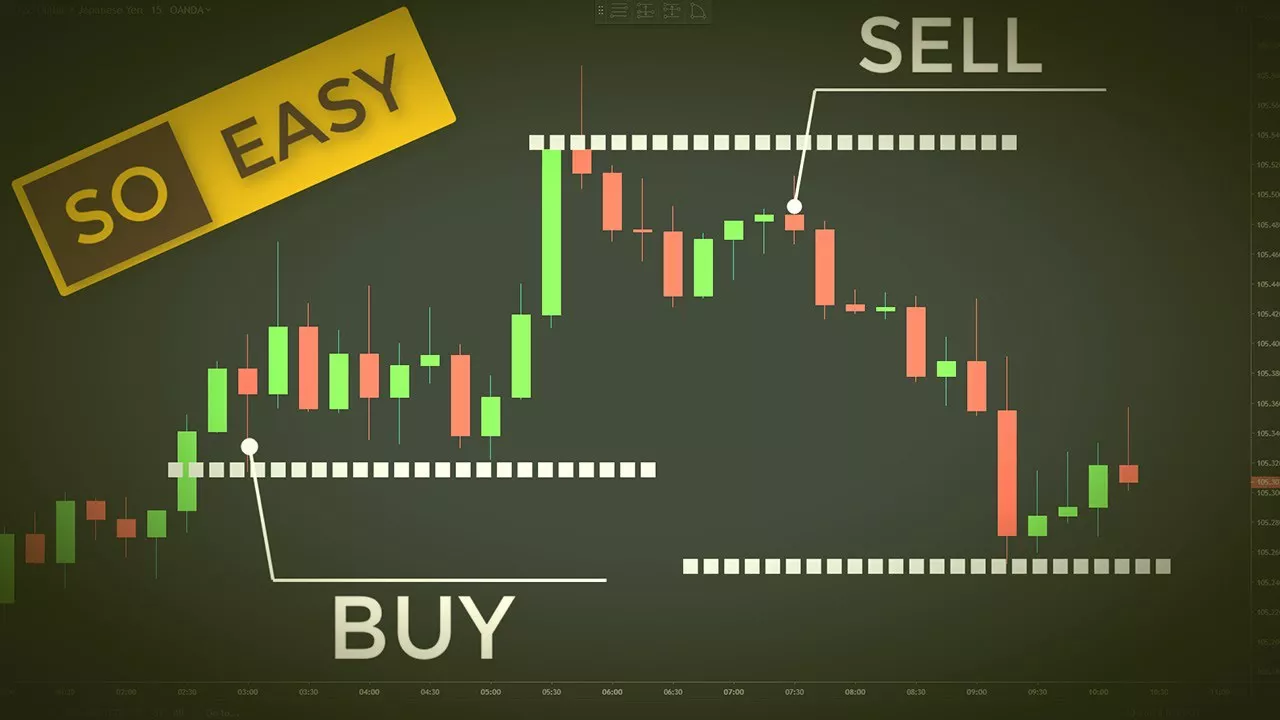Shares across Asia gained Thursday, tracking Wall Street’s gains as the latest US core inflation data fueled optimism about potential Federal Reserve rate cuts in the near future. The S&P 500 saw its biggest jump since the November election, rising 1.8%, reversing its early 2025 decline. Meanwhile, markets in Australia, Hong Kong, and China all saw upward movements, pushing an index of Asian equities higher for the third consecutive day.
Yen Strengthens Amid BOJ Rate Hike Speculation
The Japanese yen saw a notable rise following reports that Bank of Japan (BOJ) officials may consider raising interest rates at their upcoming meeting on January 24. This expectation was partially triggered by stronger-than-anticipated US inflation data and growing anticipation that global central banks might alter their monetary policies. The yen surged by as much as 0.8%, but some analysts caution that the BOJ might surprise markets with dovish commentary, potentially limiting the yen’s gains.
Charu Chanana, Chief Investment Strategist at Saxo Markets, pointed out that while the yen is strengthening in light of the BOJ’s potential rate hike, the central bank is known for surprising markets with dovish remarks that could undermine the currency’s upward momentum.
Fed’s Rate Cuts Still in Play After Inflation Data
Following the release of the US core consumer price index, which rose 0.2% in December and 3.2% year-over-year, swap traders have returned to fully pricing in a Federal Reserve rate cut by July. This expectation was revived after the data showed inflation had cooled for the first time in six months, signaling the possibility of slower rate hikes from the Fed. Despite the cooling inflation, the data still remains above the Fed’s 2% target.
Suresh Tantia, a strategist at UBS Wealth Management, commented that the market finds itself in a “Goldilocks” scenario, where economic growth continues to hold up, and corporate earnings, especially in the tech sector in Asia, are expected to rise substantially this year, particularly in the artificial intelligence space.
Risk Appetite Remains, But Will Be Tested
As the US prepares for the inauguration of President-elect Donald Trump, investors are on edge, watching for any policy shifts or comments that could impact market sentiment. Additionally, the Bank of Japan and the Federal Reserve are expected to make crucial policy decisions in the coming days, adding to the uncertainty surrounding the global economic outlook.
Oil Prices Continue to Climb
In commodities, oil prices extended their early-year gains due to mounting risks to global supplies and a significant drop in commercial crude inventories in the US. Gold prices remained mostly unchanged, reflecting cautious investor sentiment amid the ongoing market volatility.
Meanwhile, the Canadian dollar remained stable despite a report suggesting that Canada has prepared a list of US goods it would target with tariffs should President Trump decide to impose tariffs on Canadian exports.
Economic Data to Watch
Later on Thursday, the European Central Bank is expected to release its meeting minutes, providing further insights into its policy stance. Meanwhile, US data on jobless claims and retail sales will give investors a clearer picture of the health of the US economy, which continues to be a key driver of global market sentiment.
Fed Officials Confident Inflation Will Continue to Ebb
While the US inflation data showed a cooling trend, several Federal Reserve officials, including New York Fed President John Williams, expressed confidence that inflation will continue to decline, although they cautioned that it will take time to reach the 2% target. The Fed’s stance remains crucial in shaping investor expectations about future rate cuts and the broader economic outlook.
US Dollar and Global Reserve Status
In the broader economic context, Scott Bessent, Donald Trump’s nominee for Treasury Secretary, emphasized in his Senate committee remarks the importance of maintaining the US dollar as the world’s reserve currency for the nation’s economic health and long-term stability.
With global central banks shifting their monetary policies and the US inflation data cooling, the market is bracing for a critical few weeks ahead as economic data and political developments unfold.
Related topics:































